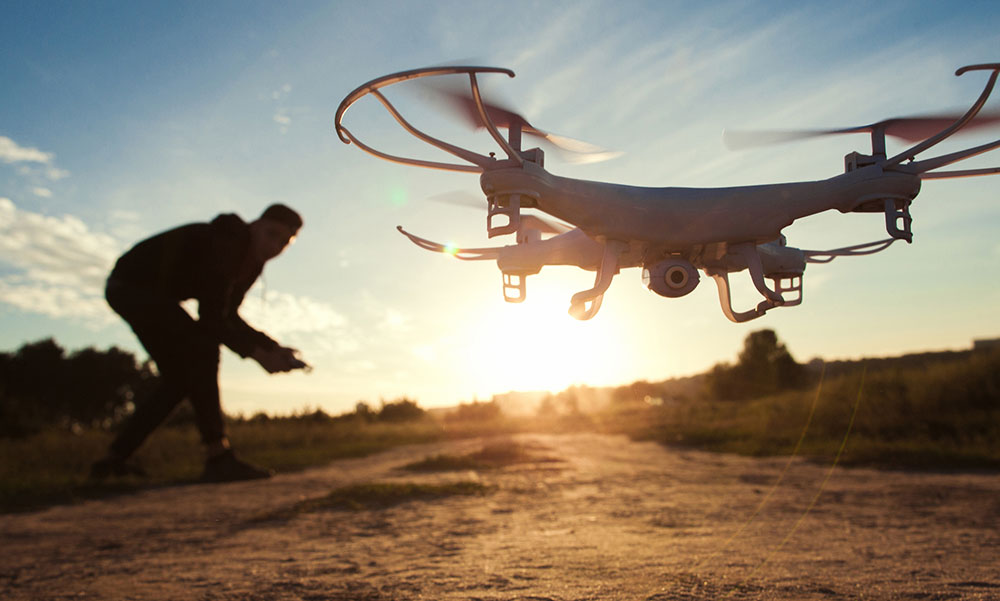
Decision Striking Down Registration Rule Reopens Drone Debate
An appeals court decision last week found that the Federal Aviation Administration lacked the authority to require drone owners to register their devices. The ruling is considered a win for a model aviation group but a setback for the unmanned aerial vehicle industry.
A new court decision in a long-running conflict over drone usage will, at least for now, let the small aerial devices fly in the sky without regulation.
The Federal Aviation Administration last week lost its appeal in a lawsuit brought by lawyer and drone hobbyist John Taylor, who successfully challenged the FAA’s 2015 rule requiring hobbyists to register their devices. The court agreed with Taylor, who argued that because the 2012 FAA Modernization and Reform Act prohibits regulation of “model aircraft,” the rule was invalid.
“Congress is of course always free to repeal or amend its 2012 prohibition on FAA rules regarding model aircraft. Perhaps Congress should do so. Perhaps not. In any event, we must follow the statute as written,” Judge Brett Kavanaugh wrote for a three-judge panel of the U.S. Court of Appeals for the District of Columbia Circuit [PDF].
Commercial uses, such as in real estate, are not affected by the ruling
The FAA, which implemented the rule with the help of industry stakeholders, is reviewing the decision and may appeal to the Supreme Court.
“The FAA put registration and operational regulations in place to ensure that drones are operated in a way that is safe and does not pose security and privacy threats,” the agency said in a statement. “We are in the process of considering our options and response to the decision.”
renewing debate
The ruling drew a mixed response from the aviation community. Industry groups, including the Association for Unmanned Vehicle Systems International (AUVSI) and the Small UAV Coalition, said they were disappointed by the decision, while the Academy of Model Aeronautics (AMA), a model aircraft group, said the ruling affirmed the rights of model aircraft operators and softened too-aggressive rulemaking.
“We have long held that federal registration of unmanned aircraft systems (UAS) makes sense at an appropriate threshold of weight, capability, and other safety-related characteristics,” AMA President Rich Hanson said in a statement [PDF]. “However, federal registration shouldn’t apply at such a low threshold that it includes toys. It also shouldn’t burden those who have operated harmoniously within our communities for decades, and who already comply with AMA’s registration system.”
The Small UAV Coalition, on the other hand, said the registration rule was a useful approach for safely integrating small drones into the airspace.
“Today’s ruling generates uncertainty by eliminating a tool developed to maintain accountability and enable streamlined communication between the FAA and recreational UAS operators,” the group said in a statement [PDF].
And AUVSI pledged that it would look for a legislative fix that would allow the FAA to restore the registration system.
“A UAS registration system is important to promote accountability and responsibility by users of the national airspace, and helps create a culture of safety that deters careless and reckless behavior,” AUVSI President and CEO Brian Wynne said. “We plan to work with Congress on a legislative solution that will ensure continued accountability across the entire aviation community, both manned and unmanned.”
While the federal registration system is out of commission for now, some companies are taking matters into their own hands. Engadget reports that DJI, a major manufacturer of small drones, will now require owners to register their devices with the company or face strict device limitations.
(iStock/Thinkstock)






Comments